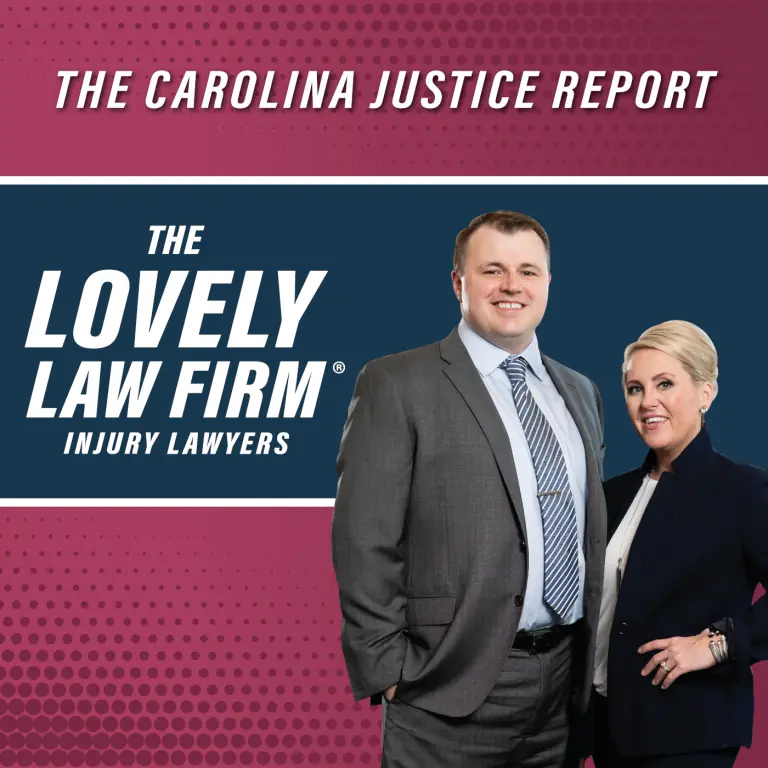In South Carolina, people who work for private employers and for local, state, and federal government agencies enjoy protections under the federal Fair Labor Standards Act of 1938. The employment protection provisions of this law include a federal minimum wage and rules for overtime compensation for employees. While South Carolina does not have its own wage and hour law, workers in the state are protected under the FLSA. Employers must pay at least the minimum wage of $7.25 per hour to workers who do not fall under an exception to the minimum wage rules. Non-exempt workers are also entitled to receive additional pay for each hour that they work above 40 in a week. Unfortunately, some employers use different tactics to try to get around these rules, including misclassifying employees as exempt and not following the minimum wage rules for tipped employees. People who believe that they have not received the pay to which they are entitled should get legal help from an employment law attorney at The Lovely Law Firm in Myrtle Beach.
Why the difference between non-exempt and exempt workers is important
Employers who are covered by the FLSA must classify their workers as non-exempt or exempt for benefits and wages under the law. While non-exempt workers enjoy the wage-and-hour protections of the FLSA, exempt workers are not protected by them.
A non-exempt, statutory employee must be paid at least the federal minimum wage for all hours worked. For each hour above 40 that a non-exempt worker works in a week, he or she must also receive a premium equal to 50% of the regular hourly rate in addition to his or her regular rate. In other words, a non-exempt worker must be paid 1.5 times the regular hourly rate for every hour above 40 that he or she works during a workweek.
For example, if a non-exempt worker earns $10 per hour, he or she must receive $15 per hour for every hour he or she works above 40 during a workweek. By contrast, employers are not obligated to follow these provisions for exempt workers. Because of this difference, some unscrupulous employers purposely misclassify their workers to avoid paying the additional costs for all of the hours their employees work. Other employers misclassify some workers as independent contractors to evade the legal requirements of the FLSA. Finally, some employers fail to meet their obligation to pay tipped employees their required wages.
What is a non-exempt employee?
Most people in the workforce are non-exempt employees. This category includes workers who work at an hourly wage. Employers that are covered by the FLSA must pay their non-exempt employees at least $7.25 per hour and premium pay for each hour the nonexempt workers work beyond 40 during a workweek. For example, if a non-exempt worker works 50 hours during a workweek, he or she must receive his or her regular rate for the first 40 hours and receive a payment equal to 1.5 times the regular rate for the remaining 10 hours. Non-exempt workers generally report to supervisors who are tasked with managing their workflow and do not have administrative, professional, executive, or outside sales positions.
What is an exempt employee?
An exempt employee is someone who is exempt from the wage-and-hour rules of the FLSA. An employer may classify a worker as exempt if the following requirements are met:
- The employee is an administrator, executive, outside salesperson, professional, or a certain type of computer professional.
- The employee is paid on a salary basis.
- The employee earns at least $684 per week or $35,568 per year.
Job duties test for workers classified as exempt
Regardless of the title that you might have, your position must meet the FLSA’s job duties test for you will be considered to be an exempt employee. Under the FLSA, the duties that you perform are more important than your job title. These duties fall into three primary categories, including executive and managerial positions, professionals, and administrative professionals.
Executive and managerial positions
Executive and managerial positions may be classified as exempt. However, these employees must have a primary duty of managing other employees. They must serve as supervisors over two or more other employees. Executives and managers must also have the ability to give input into the hiring, payment, firing, or assignments of other employees.
Professionals
Exempt professionals are employees who have degrees, specialized skills, training, or education that are needed to perform their jobs. Some examples of exempt professionals include doctors, architects, and lawyers. Other professionals also may fall into this category of exempt employees. Creative professionals, including actors, writers, marketers, and specialists who offer unique skills to employers might also qualify as exempt professional employees.
Administrative positions
Administrative professionals who perform functions beyond basic clerical work may be exempt. However, to be properly classified as an exempt administrative professional, the duties that you perform must be essential to your company’s operations, including payroll, accounting, and human resources. If you work within one of these departments but perform work that does not require any special training, you might instead be a non-exempt employee.
Other exceptions to the FLSA
There are several other categories of jobs for which the employers do not have to follow the FLSA’s wage-and-hour rules. These include the following:
- Seasonal recreational or amusement employees
- Employees working for local newspapers with a circulation of fewer than 4,000 people
- Newspaper deliverers
- People working on foreign vessels
- Small farm workers
- Casual babysitters and personal companions
- Independent contractors
Which employers are covered by the FLSA?
While most employers are covered by the FLSA, some are not. The FLSA applies to federal, state, and local government agencies, hospitals, schools, and private companies that have $500,000 or more in annual revenues. However, the FLSA also covers employers that are engaged in interstate commerce. While you might think that your employer is not covered because of the annual revenues requirement, any activity in interstate commerce will bring your employer under the law’s coverage. For example, if your employer has a website through which it takes orders from people out of state, it is covered by the FLSA. Since most businesses participate in interstate commerce in some way, most employers are covered by this law.
Mislabeling titles and roles to evade the FLSA’s requirements
Some employers try to get around the requirement to pay the overtime premium to employees by giving them titles or duties to try to classify them as exempt employees. For example, you might be given the title of an assistant manager by your employer so that he or she can avoid paying you everything that you are owed. However, your job duties and responsibilities will be important as well as how you are paid. To qualify as exempt, you must be paid a salary of at least $684 per week. You must also supervise at least two other employees and have the authority to give input into the job decisions about your supervises, including hiring, promoting, and firing. A majority of your duties must be involved in supervisory tasks. If the work that you perform in your job is primarily the same as other employees, you are likely misclassified.
Some employers also misclassify workers as independent contractors instead of employees. This helps them to avoid paying benefits, payroll taxes, the minimum wage, and the premium for hours worked beyond 40 in a week. However, courts will look at your duties and your ability to control your work. If your employer controls your schedule and how you perform your work, you may be misclassified as an independent contractor.
Tipped employees and the minimum wage requirement
In South Carolina, people who work for tips can be paid as little as $2.13 per hour. However, if you are a tipped employee, your tips plus your hourly rate must add together to $7.25 per hour. If your tips do not make up the difference between the federal minimum wage and your tipped rate, your employer must pay you the difference. Employers may not take the tip credit if you make less than $30 per month in tips. Your employer’s tip credit cannot be more than what you earn in tips.
Get help from a wage and hour lawyer to recover unpaid wages
If you think that your employer has failed to pay you what you are owed, you should consult with an experienced employment law attorney at The Lovely Law Firm. Your attorney can analyze your case and explain whether your employer may have violated the law. If your claim has merits, we can file a claim to pursue the unpaid wages you should have rightly received. Call us today to schedule an appointment at 843-281-7205. We do not charge fees unless we recover money for you.







